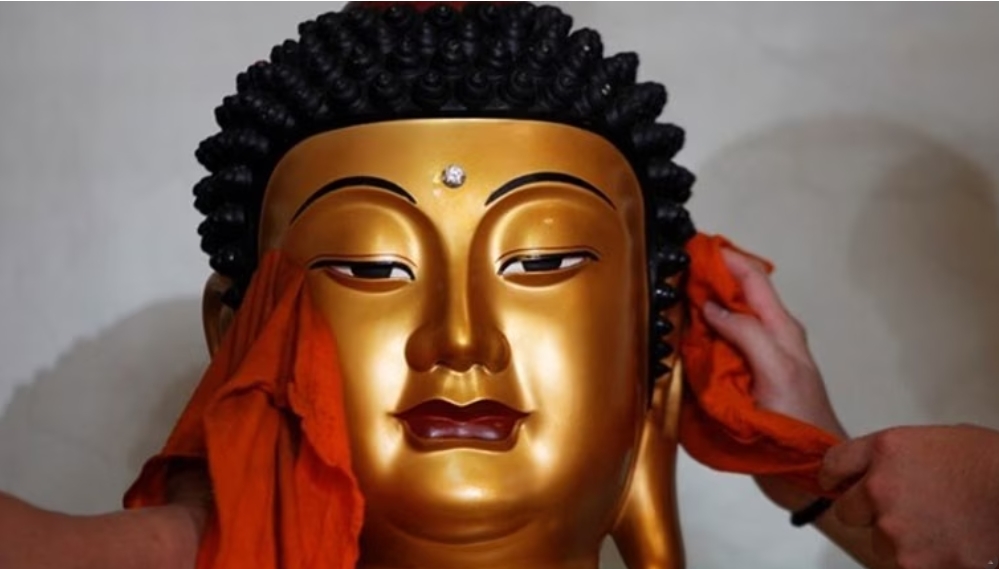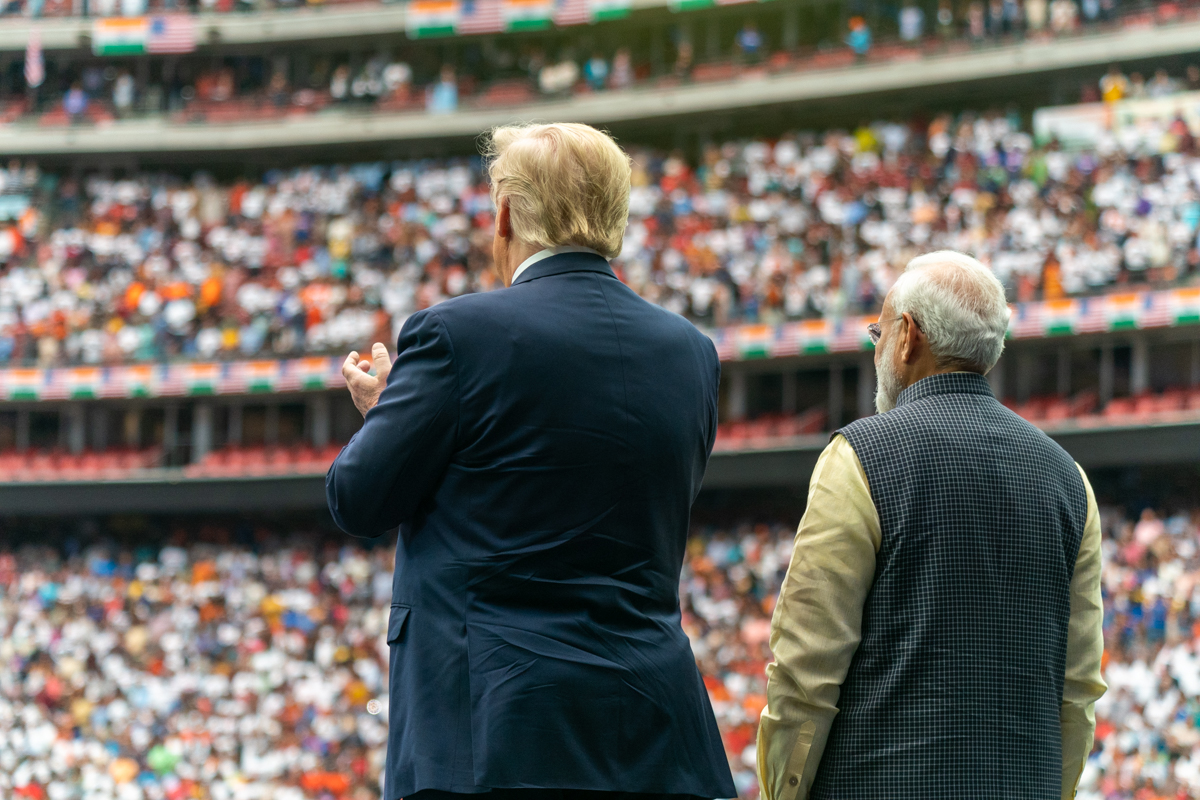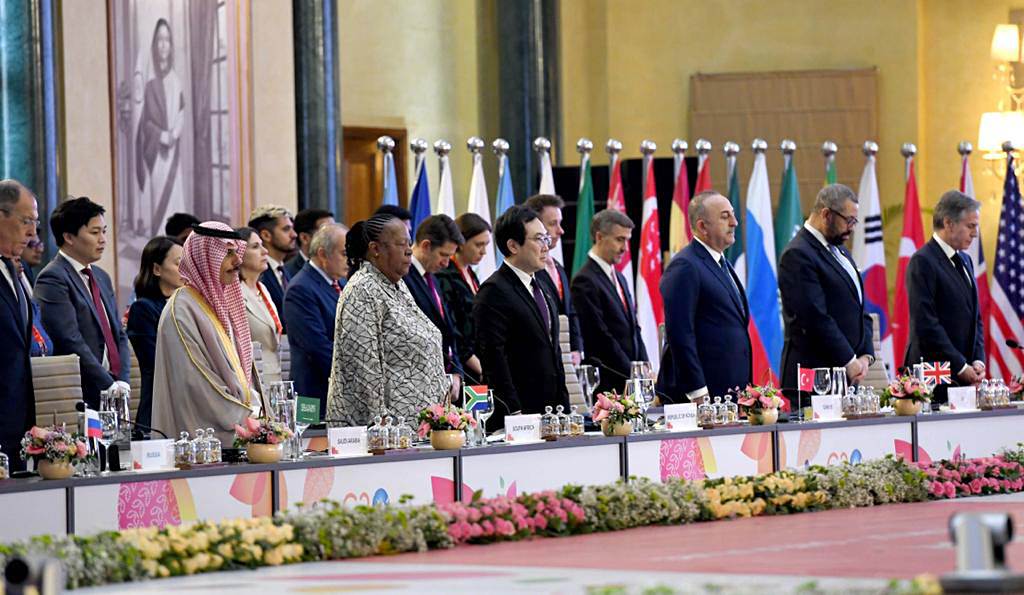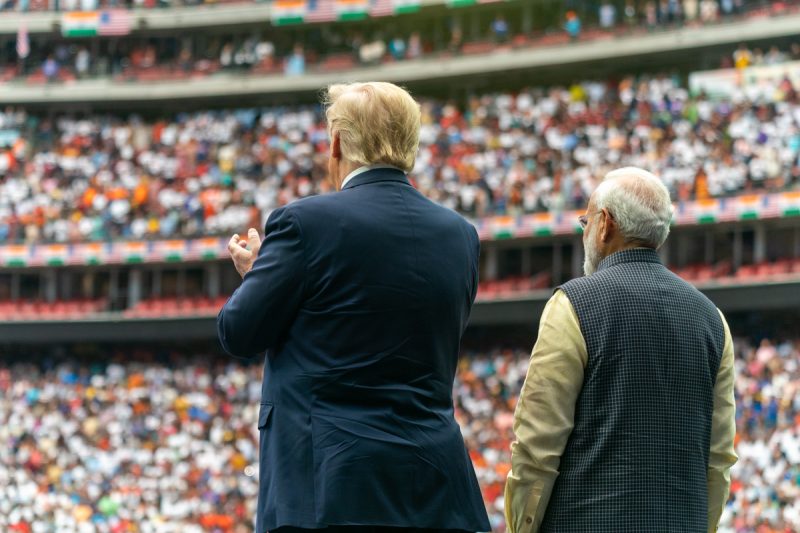Bhutan is also home to a number of significant Buddhist pilgrimage sites, including the Tiger’s Nest Monastery, which is perched on a cliff overlooking the Paro Valley…reports Asian Lite News
Bhutan and India share a long and rich history of cultural and religious ties, which have helped to shape the identity of both nations. The most prominent link between the two countries is their shared heritage of Buddhism, which has been a fundamental part of the religious and cultural landscape of Bhutan and India for centuries.
The shared religious heritage of Bhutan and India is a testament to the deep cultural and historical ties that exist between these two nations. Buddhism, which was introduced to Bhutan in the 7th century, has been a fundamental part of Bhutanese culture and identity for over a thousand years. Meanwhile, in India, Buddhism was founded in the 5th century BCE and played a significant role in shaping the country’s history and culture.
One of the most significant links between Bhutan and India when it comes to religion is the presence of Buddhist pilgrimage sites. Many of these sites are located in India, including Bodh Gaya, where the Buddha is said to have attained enlightenment, and Sarnath, where he first taught the Dharma. These sites are highly revered by Buddhists from all over the world, including Bhutanese Buddhists, who make regular pilgrimages to these holy places.
Bhutan is also home to a number of significant Buddhist pilgrimage sites, including the Tiger’s Nest Monastery, which is perched on a cliff overlooking the Paro Valley. The monastery is said to be where Guru Rinpoche, one of the most important figures in Bhutanese Buddhism, meditated in the 8th century. Other important pilgrimage sites in Bhutan include the Cheri Monastery and the Punakha Dzong, both of which are considered to be highly sacred places by Bhutanese Buddhists.
The religious ties between Bhutan and India have also influenced their diplomatic and economic relations. India has been a key supporter of Bhutan’s development since the two countries established diplomatic relations in 1968, and many of the projects that India has funded in Bhutan have been related to the preservation and promotion of Bhutanese culture and religion. For example, the Indian government has provided funding for the construction of new monasteries and religious schools in Bhutan, as well as for the preservation of important Buddhist texts and artifacts.
In addition, the spiritual ties between Bhutan and India have also influenced the way that the two countries approach international relations more broadly. Both countries place a strong emphasis on the principle of non-violence, which is a fundamental tenet of Buddhism. This shared commitment to non-violence has led to cooperation between the two countries on issues such as disarmament and peacekeeping, as well as on regional and global issues such as climate change and sustainable development.
Furthermore, the influence of Bhutanese Buddhism has extended beyond the borders of Bhutan and India, shaping the development of the global Buddhist community. Bhutan’s unique approach to Buddhism, which emphasizes the integration of spirituality and everyday life, has been a source of inspiration for Buddhists from all over the world. In particular, the concept of Gross National Happiness, which was developed by the Bhutanese government as a way to measure the country’s progress in a holistic and sustainable way, has been widely praised as a model for other countries to follow.
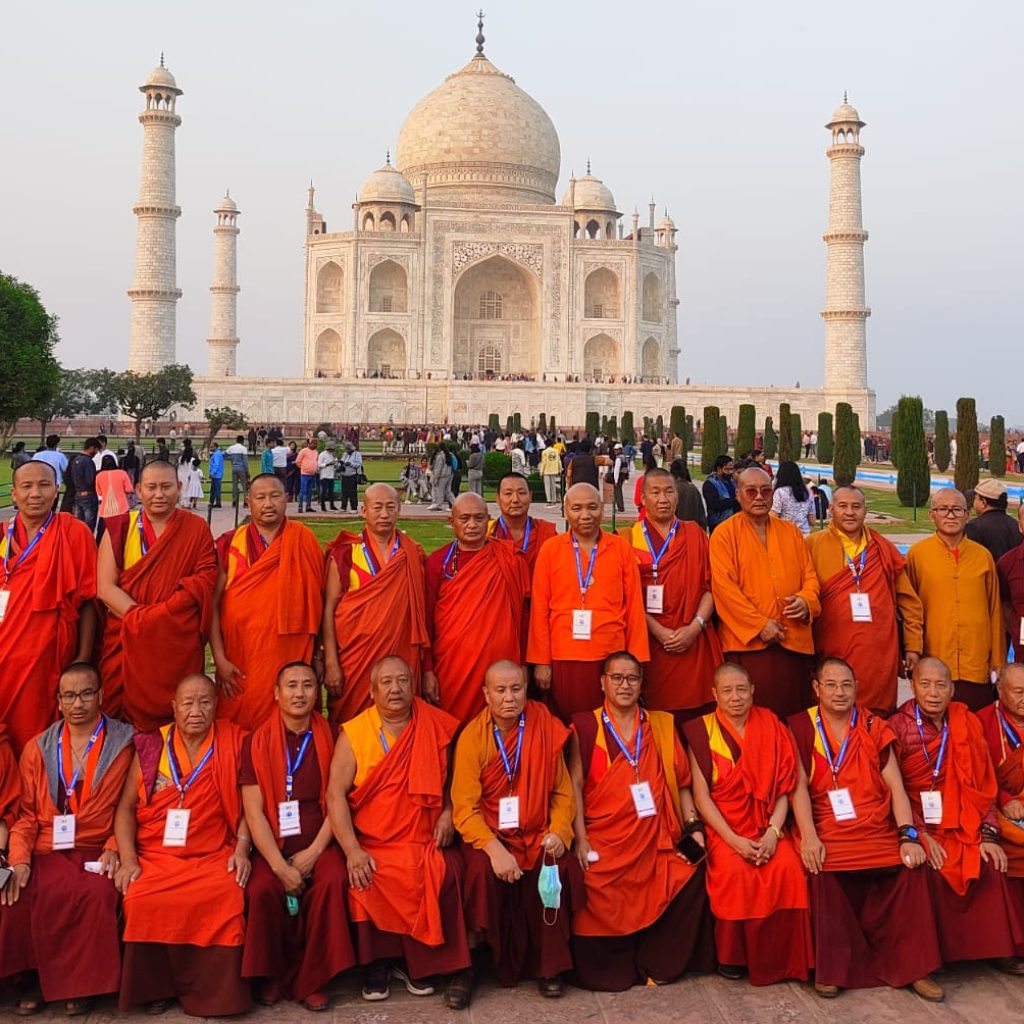
However, the shared religious heritage of Bhutan and India also faces challenges. One of the biggest challenges is the impact of modernization and globalization on traditional religious practices. In both Bhutan and India, there is a growing concern that traditional Buddhist practices are being eroded by modernization, which is leading to the loss of cultural and spiritual heritage. This is particularly true in Bhutan, where the country’s rapid economic development has led to increased urbanization and the spread of Western cultural influences.
The shared religious heritage of Bhutan and India is a testament to the deep cultural and historical ties that exist between these two nations. The influence of Buddhism on Bhutanese and Indian culture and identity has been profound and has played a significant role in shaping the friendship between the countries.
ALSO READ-No point in returning to China, I prefer India: Dalai Lama


